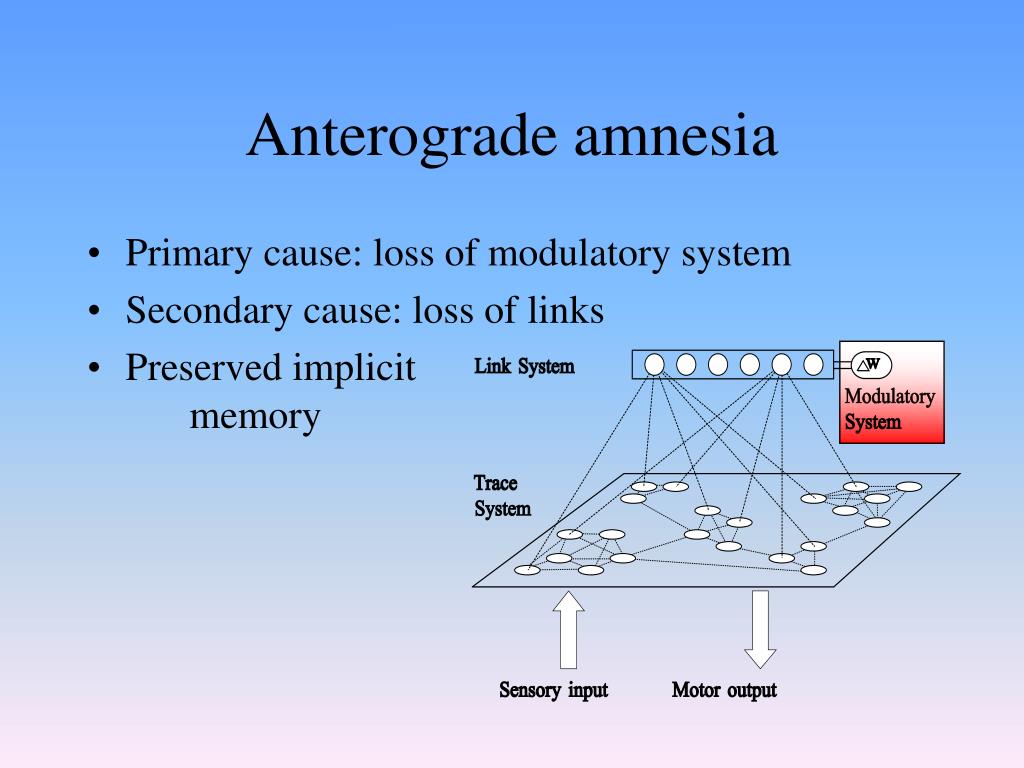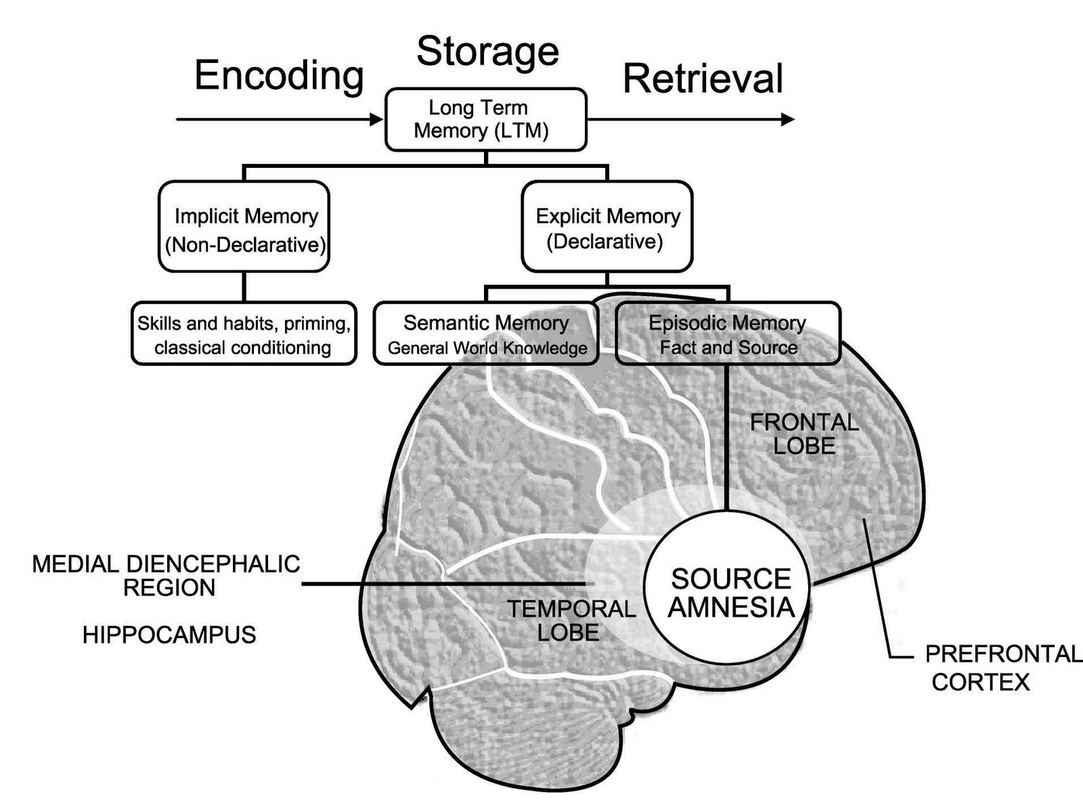

Usually the Anterograde Memory impairment is a more prominent feature having a more obvious impact on day-to-day functioning and behaviour. It is very common for the person with retrograde amnesia to also have Anterograde Memory impairment. This is traumatic and distressing for the individual with brain injury, but is also highly distressing for relatives and friends – some of whom may not even be remembered by the person. They may lose some previously learned skills and knowledge, additionally, important personal information may be lost. Severe Retrograde Memory impairment can be life changing the person perhaps being unable to recall significant life events, where they live, what they did for a living, what made them who they are. By contrast, patients with FRA had a sudden onset of memory problems that were characterized by severe retrograde amnesia without associated anterograde amnesia. This occurs after a significant injury to your head and can present as either anterograde amnesia, retrograde amnesia. In the rat, damage to the hippocampus causes deficits. The most comprehensive study of the relationship between anterograde amnesia and retrograde amnesia was carried out in more than 1000 patients who had sustained closed. Anterograde amnesia refers to an impaired capacity for new learning 62. They may also have limited memory of a certain location or. Retrograde amnesia refers to the loss of information that was acquired before the onset of amnesia 62. Those with anterograde Amnesia may not remember a particular event. The resulting damage may impair your memory, or tend to have severe impairments in both anterograde and retrograde memory. The severity of Retrograde Memory impairment is related to the location and severity of brain injury. statements about retrograde and anterograde amnesia are based do not present a uniform picture. Examining the surface, the exchange of electrical signals between neurons also gets disrupted. For other people, the memory loss may be more severe, from months to decades.


they do not remember the events immediately preceding the injury. More commonly, retrograde amnesia co-occurs with anterograde amnesia and shows a temporal gradient, in which memories closest in time to the onset of amnesia are lost, but more remote memories are retained (Hodges, 1994). Some people will experience Retrograde Memory impairment for a few hours or days prior to the injury i.e. Retrograde Memory impairment refers to the loss of memories a person has laid down prior to their brain injury.


 0 kommentar(er)
0 kommentar(er)
